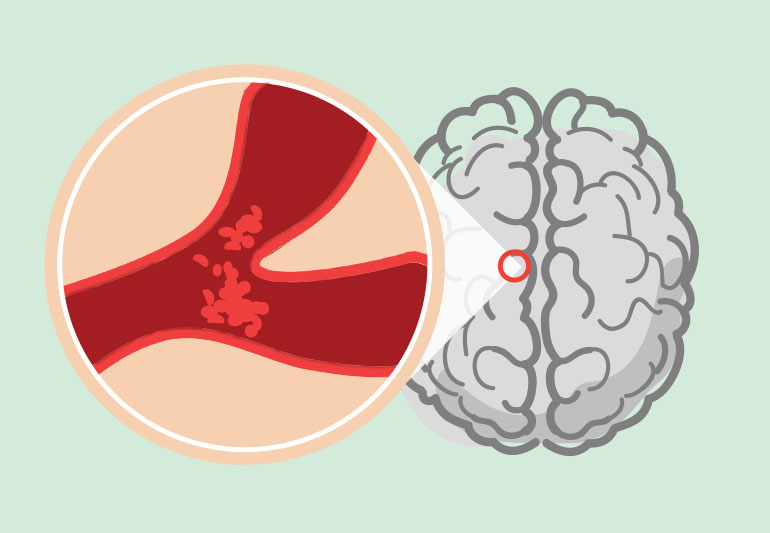
Stroke
What is it?
A stroke occurs when there is disruption of the blood flow to the brain. Disruption can occur from a blockage in the blood supply to a region of the brain “ischemic stroke” or when an artery in the brain leaks blood or ruptures open “haemorrhagic stroke”. Sometimes people can have what is called a Transient Ischemic Attack, commonly referred to as a “mini stroke” because the blood flow to the brain is blocked for only a short time.
A disruption to the blood flow to the brain leads to tissue damage within the area of the brain where the disruption occurred. Some people can experience significant changes in their physical, cognitive, behavioural, and emotional function following a stroke. Often people tend to recovery close to baseline within 12 months, but some can have ongoing difficulties of varying severity.
What are the typical characteristics?
Outcomes from a stroke are widely varied, as everything depends on the location and severity of the stroke, as well as the physical and mental health of the person before the stroke occurred.
A stroke can impact an individual’s cognitive skills including:
- Attention
- Speed of thinking
- Ability to use and understand language
- Memory
- Problem solving skills
- Ability to plan and organise
- Insight and judgement
A stroke can also impact a person’s mood and behaviour.
How can an assessment help?
Our assessments seek to understand how a stroke may have impacted a person’s thinking skills, as well as their emotional and behavioural functioning and their impact on daily life. This helps to determine if an individual’s current difficulties are consistent with their stroke. We are also able to provide additional information about the individual’s, social, emotional, and behavioural functioning. Because we consider the full picture we can also comment on additional conditions or factors that may be contributing to someone’s difficulties that may require management.
Neuropsychology assessment following a stoke can be useful to establish a treatment plan, guide disability supports, provide rehabilitation recommendations, or clarify whether someone is able to return to work, study or make decisions about aspects of their life.
How does Invictus Health do things differently?
Invictus Health consists of a team of Clinical Neuropsychologists with extensive experience in working with clients with TBI of various aetiologies. We conduct comprehensive neuropsychological assessment to determine the extent and nature of cognitive and behavioural impairments, taking into account all potential contributing factors such as existing physical and mental health conditions.
On the basis of your profile, we provide individually tailored recommendations of strategies and support services to maximise your functional gains and facilitate recovery.
08.02.22
By: Invictus Health


